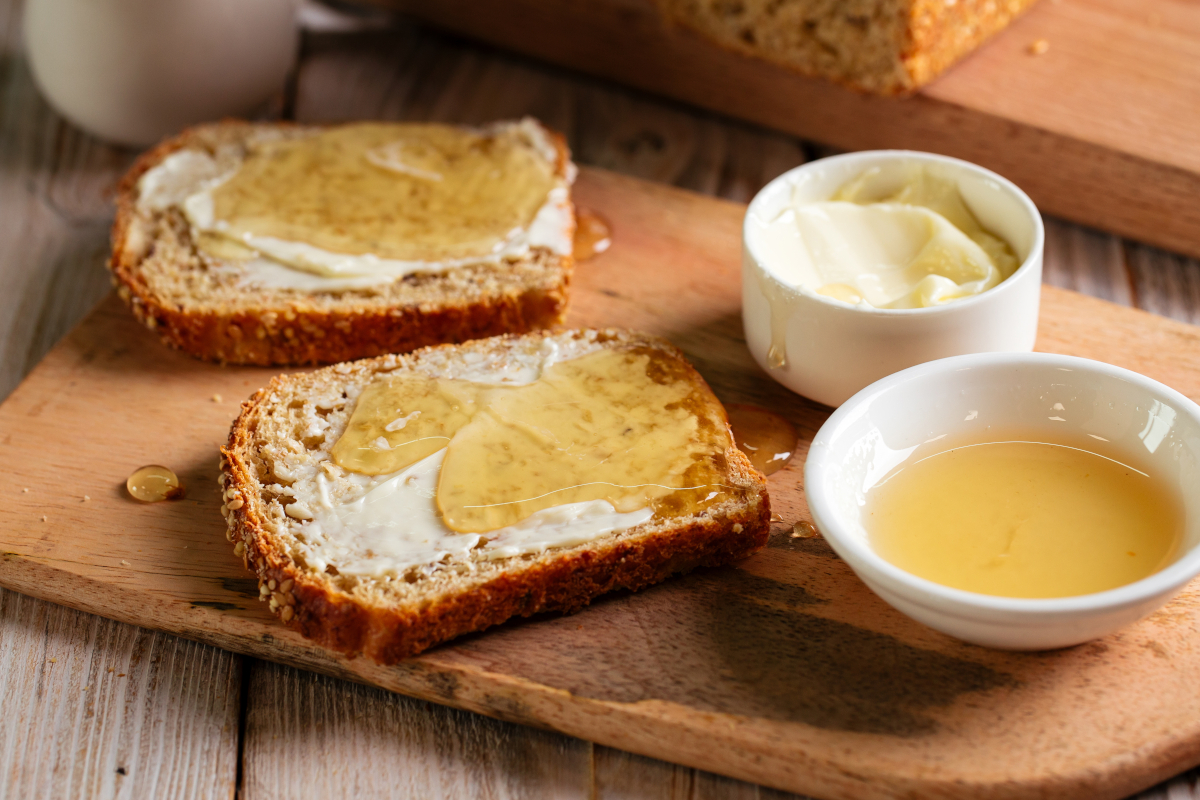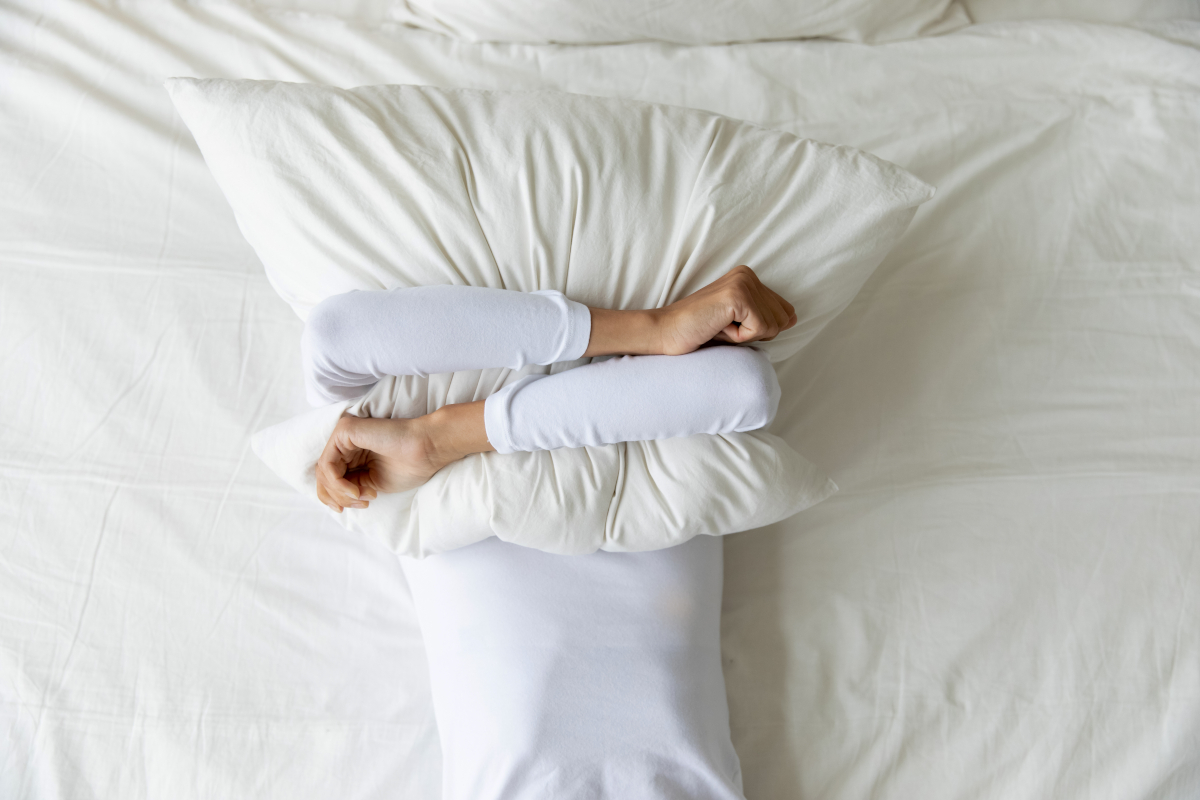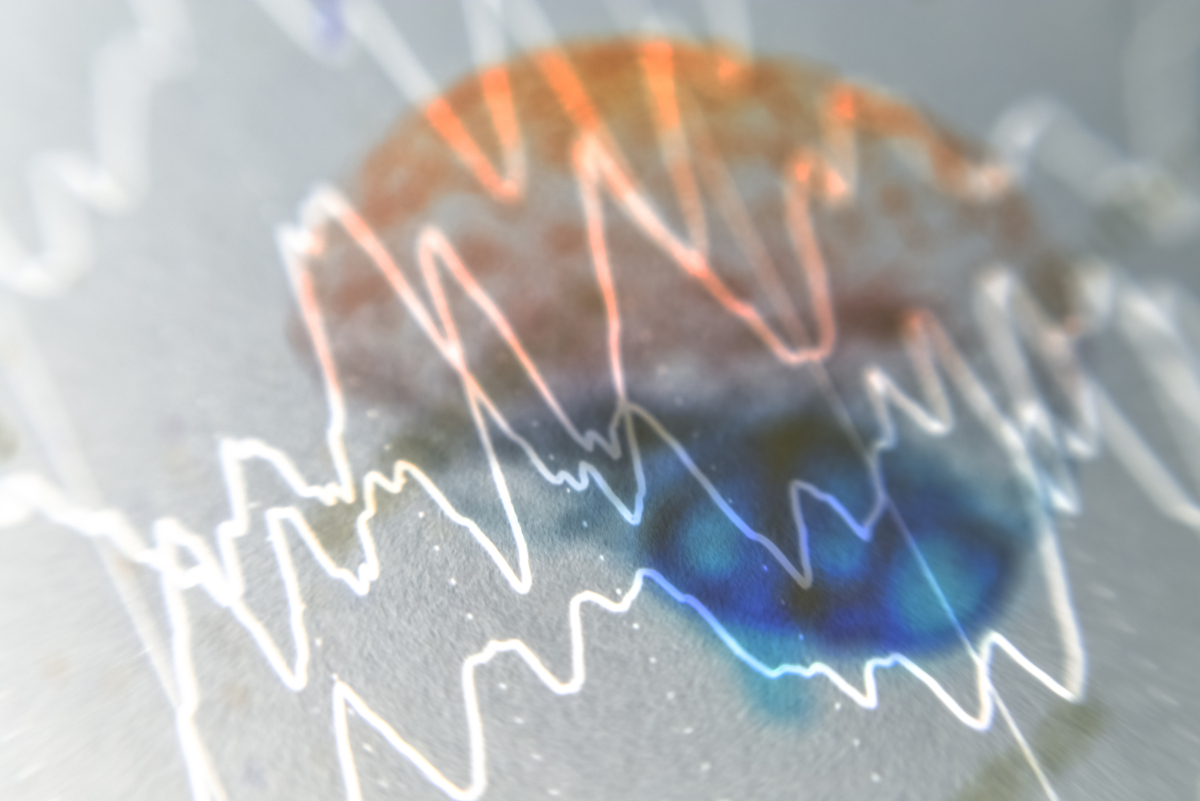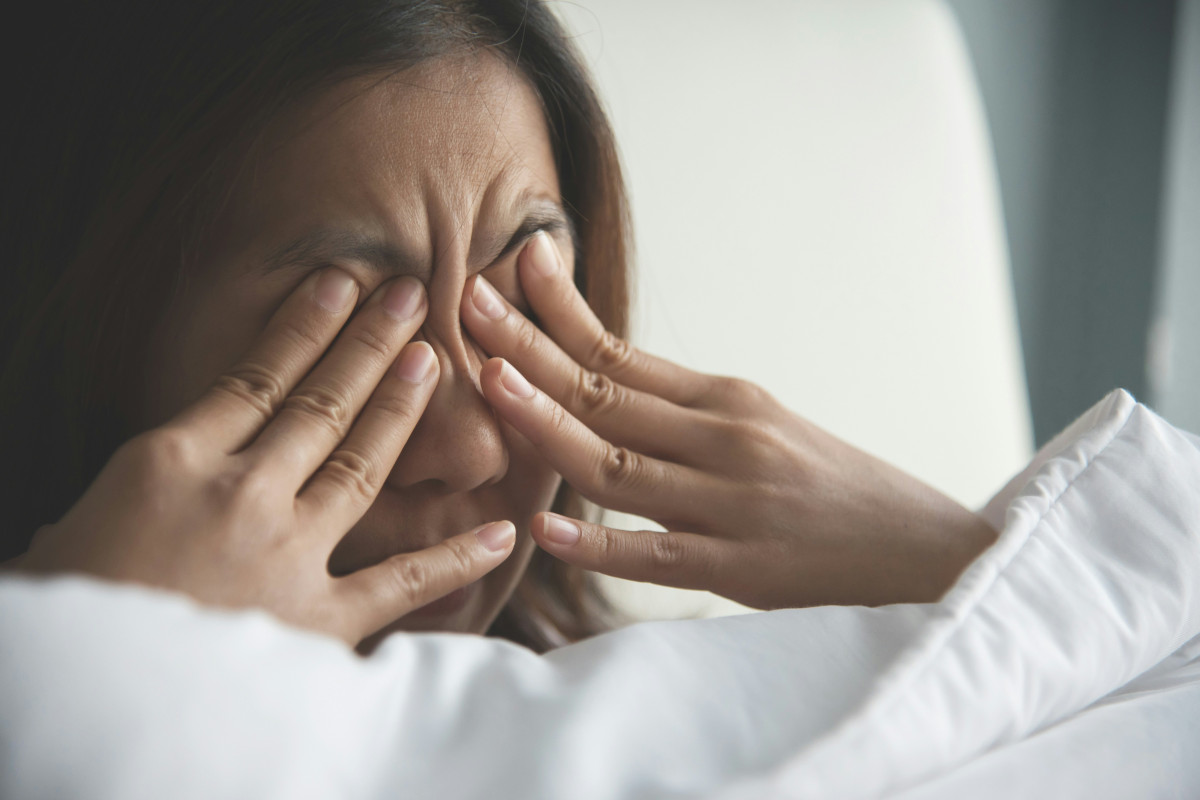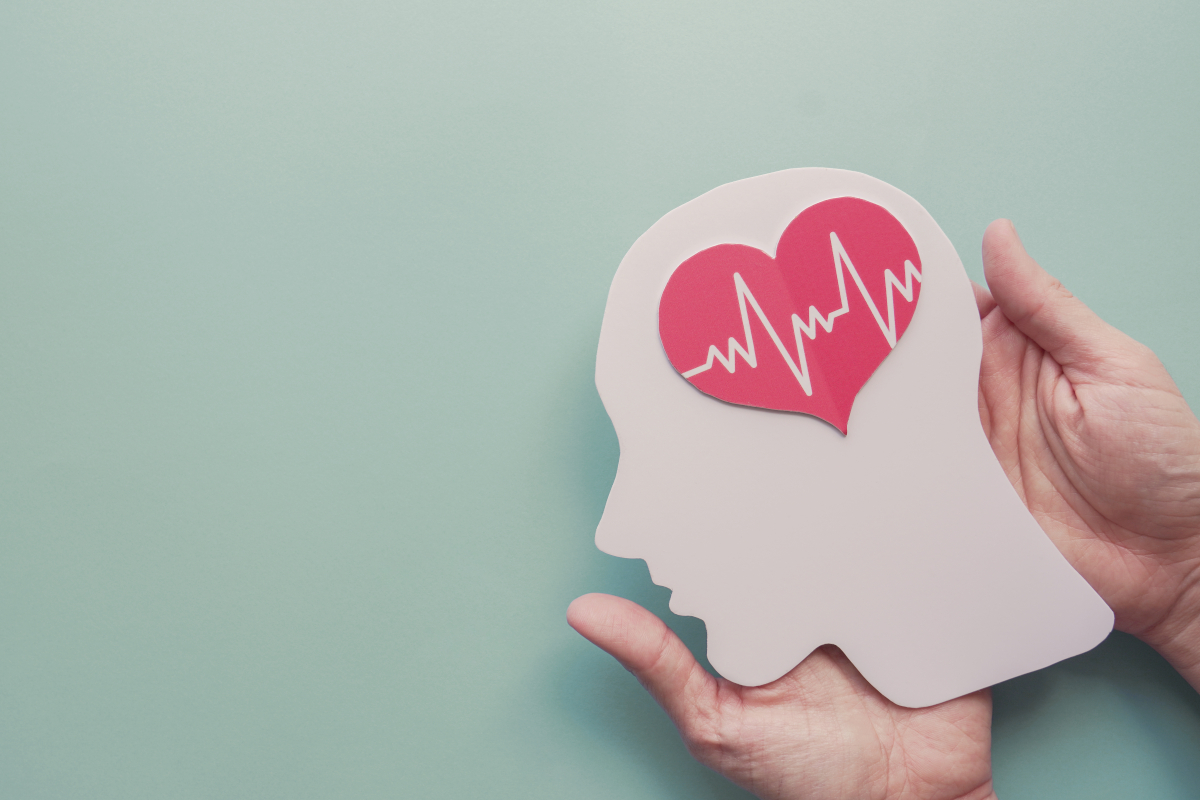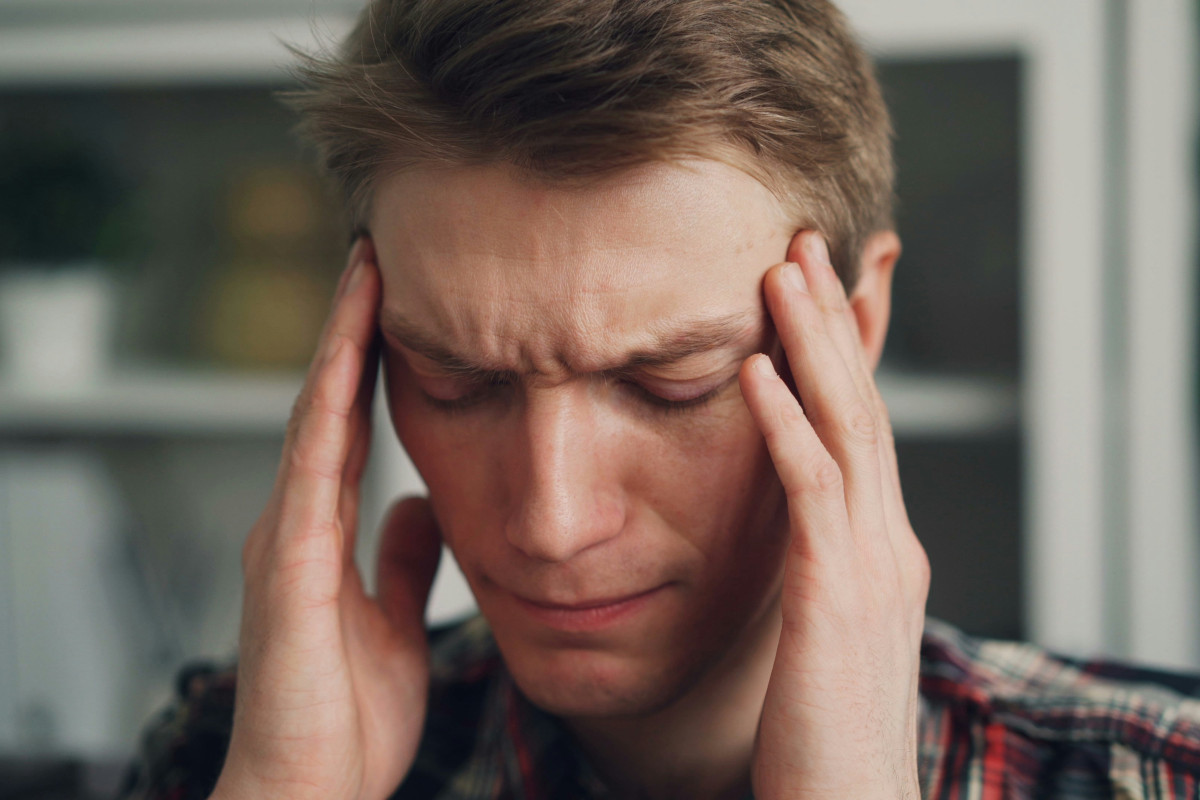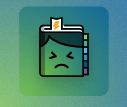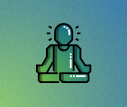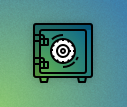Migraine – a weekend thing?
For most people, the most strenuous events are not distributed evenly across the week. Monday mornings may throw you right in at the deep end and can be very challenging, with work piling up all at once and keeping you on your toes. Other times, things might come to a head toward the end of the week. Something urgent comes up at the last minute or you need to finish something on a Friday afternoon Things like these can put you under massive pressure, be it at work or elsewhere. Stubborn headache or migraine attacks may follow. To hear some people talk, you might think the peak time for headaches is at the weekend, just when they were about to enjoy some rest and recreation.
Rumor or truth?
Is there any truth in the perception that migraines are more common on weekends or days off? Let’s see what some of the research says.
The first studies were as long as 30 years ago, but not as much was known about migraine back then. The results of different studies often did not match or were downright contradictory. Moreover, people did not know yet that patients can do a lot to prevent or reduce migraine attacks.
A Swedish research group studied distribution of migraine attacks over the days of the week. Over a period of about two months, migraine patients wrote down how often they got migraines and on which days of the week. Migraine attacks did not peak at the weekends. Symptoms were spread quite evenly across the week. This study did not support the weekend migraine theory.
Various other patient surveys followed. Some of them suggested that weekend migraine might exist. Others found an equal distribution of attacks over the days of the week, or a peak period midweek. Some studies even indicated that migraine attacks were slightly less likely on a weekend. So as you can see, the research into the topic at the time produced very conflicting results.
Stress, coffee and sleep play a role
Migraine and other types of headache continued to be a topic of interest for science. It became clear that, apart from the information already gathered from patient surveys, scientists would need to look at other factors to get an idea of how migraine attacks happen and whether there are any patterns.
This research showed that some people who are under heavy pressure all week do tend to get a “let-down” headache at the weekend when the pressure drops off. It was also observed that many migraineurs (who are supposed to get the same amount of sleep every night, according to current medical advice) slept much longer at the weekends. Last but not least, it was established that people drink less coffee at the weekend than on workdays. This was thought to be a factor in triggering migraine attacks.
No hard and fast rules
Looking at all the evidence together, the following picture emerges: What gives one person a migraine might not have the same effect in somebody else. After all, people do have very different lifestyles, jobs, personal situations and stress levels. And that is why potential migraine triggers and the frequency of migraine attacks are not the same for everybody. So even in large studies with a lot of people taking part, it is understandable that scientists are not finding specific days of the week where all migraineurs suffer equally. Migraine may well be a weekend event for some people. But that is just an observation, and the science so far has not come up with any evidence of regularity or predictability.
Knowledge and prevention can help
But you are not at the mercy of your migraine. An enormous amount of knowledge about the causes and factors that influence migraine has built up over the decades. With that knowledge, experts have developed a host of measures and methods that patients can use to reduce the number, duration and severity of their headaches attacks.
The "Headache Hurts.de" and "Prevent-headache.org.de" websites are a great source of valuable information and have helped a lot of people. The superb mobile smartphone apps with the same name – "Headache Hurts.de" and "Prevent-headache.org.de" – are validated by medical professionals and tell you all you need to know about migraine and other headache disorders. The apps also come with a range of cleverly designed, tried and tested additional features that will help you get through each day without a headache.
-
References
1. Alstadhaug KB, Salvesen R, Bekkelund S. Weekend migraine. Cephalalgia. 2007;27(4):343‐346. doi:10.1111/j.1468-2982.2007.01284.x
2. Breslau N, Rasmussen BK. The impact of migraine: Epidemiology, risk factors, and co-morbidities. Neurology. 2001;56(6 Suppl 1):S4‐S12. doi:10.1212/wnl.56.suppl_1.s4
3. Couturier EG, Hering R, Steiner TJ. Weekend attacks in migraine patients: caused by caffeine withdrawal? Cephalalgia. 1992;12(2):99‐100. doi:10.1046/j.1468-2982.1992.1202099.x
4. Cugini P, Romit A, Di Palma L, Giacovazzo M. Common migraine as a weekly and seasonal headache. Chronobiol Int. 1990;7(5-6):467‐469. doi:10.3109/07420529009059158
5. Drescher J, Wogenstein F, Gaul C, et al. Distribution of migraine attacks over the days of the week: Preliminary results from a web-based questionnaire. Acta Neurol Scand. 2019;139(4):340‐345. doi:10.1111/ane.13065
6. Morrison DP. Occupational stress in migraine--is weekend headache a myth or reality? Cephalalgia. 1990;10(4):189‐193. doi:10.1046/j.1468-2982.1990.1004189.x
7. Rasmussen BK. Migraine and tension-type headache in a general population: precipitating factors, female hormones, sleep pattern and relation to lifestyle. Pain. 1993;53(1):65‐72. doi:10.1016/0304-3959(93)90057-v


